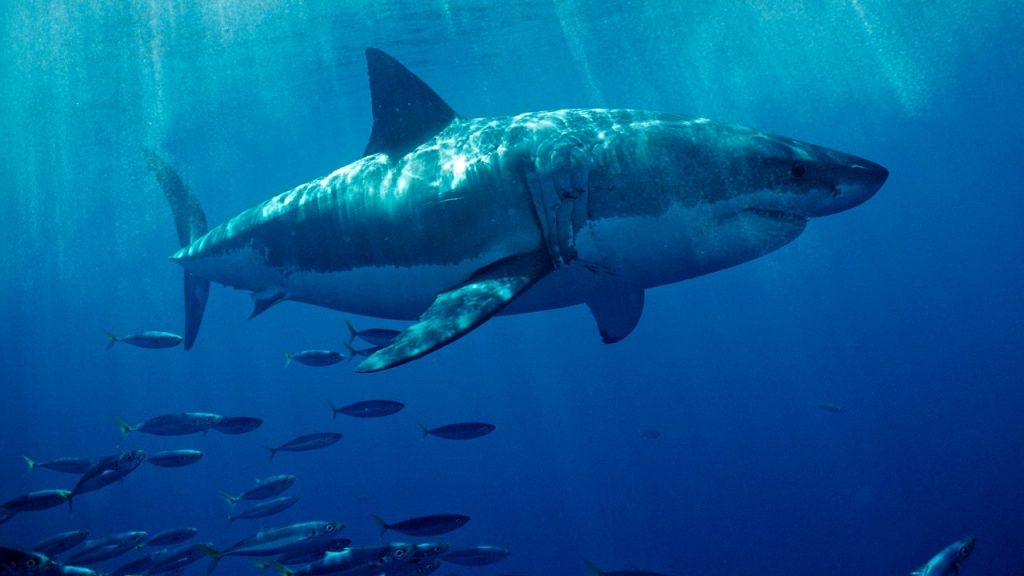The Shark Lab at California State University at Long Beach, which monitors shark activity along the Southern California coastline, is facing potential closure due to a lack of state funding. The lab, which has been operating since 1966, is seeking $7 million to continue its programs beyond June. Without additional funding, the lab will have to remove all equipment from the water, leaving sharks along the California coast unmonitored.
The Shark Lab plays a crucial role in tracking and tagging hundreds of adult and juvenile sharks in the region, providing instant warnings to lifeguards if sharks wander too close to the shore. The lab’s extensive equipment, including receivers, buoys, and underwater monitors, allows for comprehensive monitoring of shark activity. The potential closure of the program would not only impact research efforts but also jeopardize public safety by leaving beachgoers unaware of potential shark threats.
Shark Lab Director Chris Lowe expressed concern about the loss of federal funding for the program, highlighting the importance of the lab’s research and its role in shark mitigation efforts. Lowe emphasized that the lab’s findings are shared with the public, making it a unique and valuable resource in the field. The program’s closure would not only be a blow to scientific research but also a loss for public safety efforts aimed at reducing shark attacks along the Southern California coast.
Beachgoers from Santa Barbara to San Diego are being warned about a potential increase in shark attacks if the Shark Lab program is forced to close. With sharks left unmonitored, the risk of encounters between sharks and humans could rise, posing a danger to those enjoying the Southern California beaches. The Shark Lab’s comprehensive monitoring efforts have been credited with helping to prevent shark attacks and increase public safety along the coastline.
The Shark Lab’s potential closure underscores the need for continued funding and support for programs aimed at tracking and studying sharks along the Southern California coast. The lab’s extensive equipment and expertise in shark mitigation have made it a valuable resource in the field, with findings that benefit both scientific research and public safety efforts. Without the necessary funding to continue its operations, the lab may be forced to cease its critical monitoring programs, leaving beachgoers vulnerable to increased shark activity in the region.
Efforts are underway to raise the $7 million needed to keep the Shark Lab program operational beyond June. The lab’s director, Chris Lowe, has urged for additional funding to ensure the continuation of the lab’s important work in monitoring shark activity and issuing warnings to lifeguards. With the potential closure of the program looming, stakeholders are rallying to support the Shark Lab and prevent any gaps in shark monitoring efforts along the Southern California coastline.















